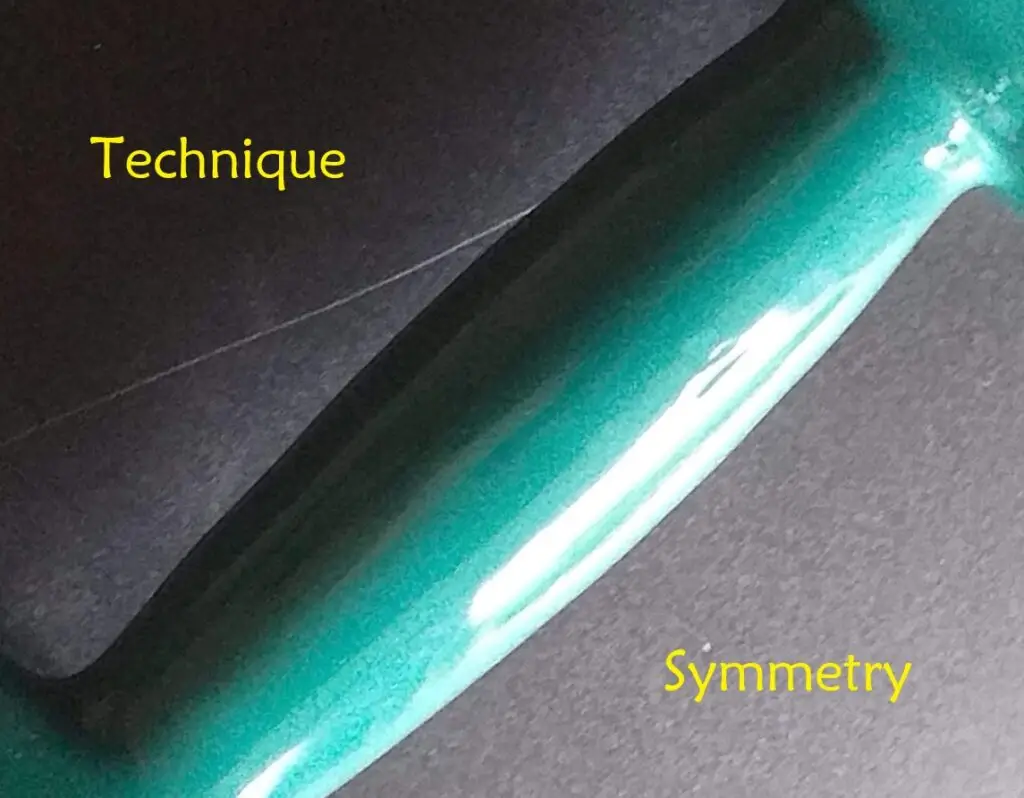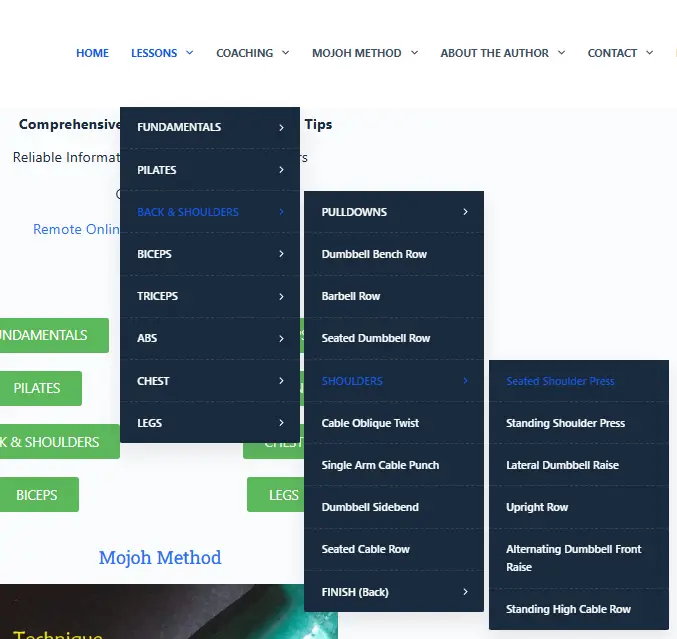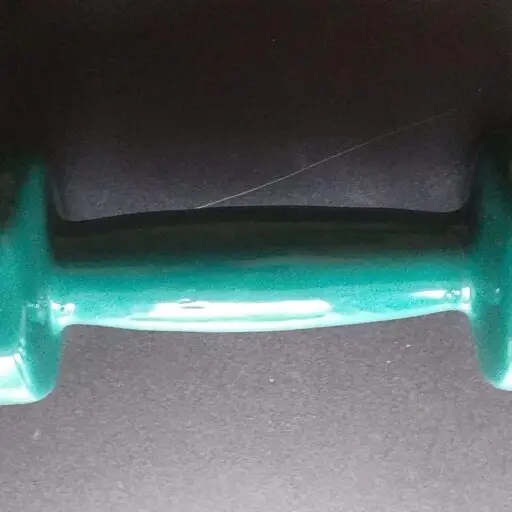All about Reps, Sets & Sessions
(Fundamentals)

REP: Short for Repetition. One rep is one complete gym exercise. For example, if I do one pushup, this is 1 REP. If I do 10 pushups, this equals 10 REPS.
SET: If I do 10 push-ups without rest, this constitutes 1 set of push-ups. If I complete three similar groups of 10 push-ups with a rest between each group, then I have completed three sets of 10 reps, or 30 actual push-ups.
SESSION: If I do no more pushups in my current training session, then I have done three sets of 10 pushups in this session.
Reps, sets, and sessions can be combined and adjusted in any order to suit a person’s training needs
POWER & STRENGTH versus STAMINA & TONING
SPLIT ROUTINES
REPS v WEIGHT
Higher Reps + Lower Weight = Lose body weight & tone
Lower Reps + Higher Weight = Gain body bulk
‘Finisher’ Exercises
A finisher exercise is often best performed at the end of a particular group of exercises, such as a legs session or a shoulders session. An example of a finisher exercise is the Alternating Dumbbell Front Raise. This is best done at the end of a shoulder or back session. All finisher exercises can be grouped in a suitable order to create a unique type of alternative training session. They typically target smaller muscle areas, such as the front shoulders (in the case of the dumbbell raise), and are often performed with lighter weights and higher repetitions. Finisher exercises are a great way to tone flabby muscles and lose weight by increasing your BMI (Body Mass Index).
Some of my favourite finisher exercises are:
- Bar Dips – excellent after a Chest/Triceps workout
- Crunches – excellent after an ABS workout
- Reverse Flys and Hyperextensions – great at the end of a Back workout
- Barbell Curls – great at the end of a Bicep workout
- Tricep Pull-Downs – great after a Triceps workout
‘Starter’ Exercises
A starter exercise is often best performed at the beginning of a particular group of exercises, such as a chest session or a back session. An example of a starter exercise for a BACK session is the Narrow Grip Pull-down. This is partly because it’s a good exercise for warming up the back, as it engages some large back muscles, as well as secondary muscle groups in the arms and shoulders. It’s also a very safe back exercise and is therefore an effective way to kick off any back session.
An example of a few starter exercises for a CHEST session is PILATES FOR CHEST, Bent Arm Pullovers, and the Flat Bench Fly. Lightweight Pec Dec, light Cable Crunch can also be used to build up the intensity of a chest workout, slowly engaging all parts of the chest and supporting muscle groups, before hitting hard with main exercises like the Bench Press.
The Mojoh Method teaches a comprehensive Chest Warm-up Sequence. I see many people visit a gym and go straight to their favourite exercises, such as the Bench Press, often without any stretching and often without sufficient Warming Up. My advice is DO NOT CUT CORNERS! DON’T BE IMPATIENT! Be proud of what you do and how you do it. Strive for perfection in all aspects of your athletics training, learn a little at a time and keep building on it.
Construction of the Mojoh Method
This is a crucial aspect of the Mojoh Method. This is because many years of experience have taught me that it is not possible to pack everything into a weekly routine. However, it is possible to modify and adjust certain aspects while omitting others in favour of the overall benefits of the entire Mojoh Method as a whole. In the old-school days before the advent of smartphones and the modern Internet, my training involved only two main Sessions (yes, only two!). However, I would sometimes spend over two hours in the gym, and I often trained twice a day, as well as running numerous training sessions. I had my LBB session and my CST session. LBB was Legs, Back and Biceps. CST was Chest, Shoulders and Triceps. And I would often try to also include some Pilates and ABS at other times of the day. My training days would be set in stone (inflexible), such that I would do LBB on Saturdays and Tuesdays, and CST on Sundays and Thursdays, working everything to the maximum limits, but also allowing ample rest periods between sessions.
These days, I prefer to start at the beginning of the Mojoh Method with the first exercise and continue through to the last exercise at the end of the method. This is a more adaptable way of training because it ensures that you always train everything, and on some days, you can do less or more, depending on your circumstances and other commitments.
The Mojoh Method prioritises some sessions over others, in favour of enhancing the overall experience. For example, I have stripped back the Shoulders session to the bare essentials, which can be performed as a subset of the main BACK session. This works exceptionally well. Do not underestimate the importance of training your back. If I were forced to pick only one session that I could do for the rest of my life, it would be the BACK session with no hesitation. Then I would choose Pilates and abs, and after that would be the typical favourites of most men and bodybuilders – Chest, Biceps, and Triceps.
The Mojoh Method Sessions and exercise sequences can be easily viewed under the Lessons Menu of this site – see the screenshot below.
Shoulder Sequence
The SHOULDER Sequence can be taught separately from the BACK session. It can then be moved around and incorporated anywhere else in the Method. My advice is to thoroughly learn the complete Mojoh Method, as outlined on the website menu. Master and perfect all the exercises and groupings so that you can perform them all with ease. When you have achieved this, review your personal goals and adapt the method as necessary. The exercises making up the Shoulder Sequence are shown below on the right side of the menu. You can access the menu by clicking LESSONS > BACK & SHOULDERS > SHOULDERS > at the top of this page.

